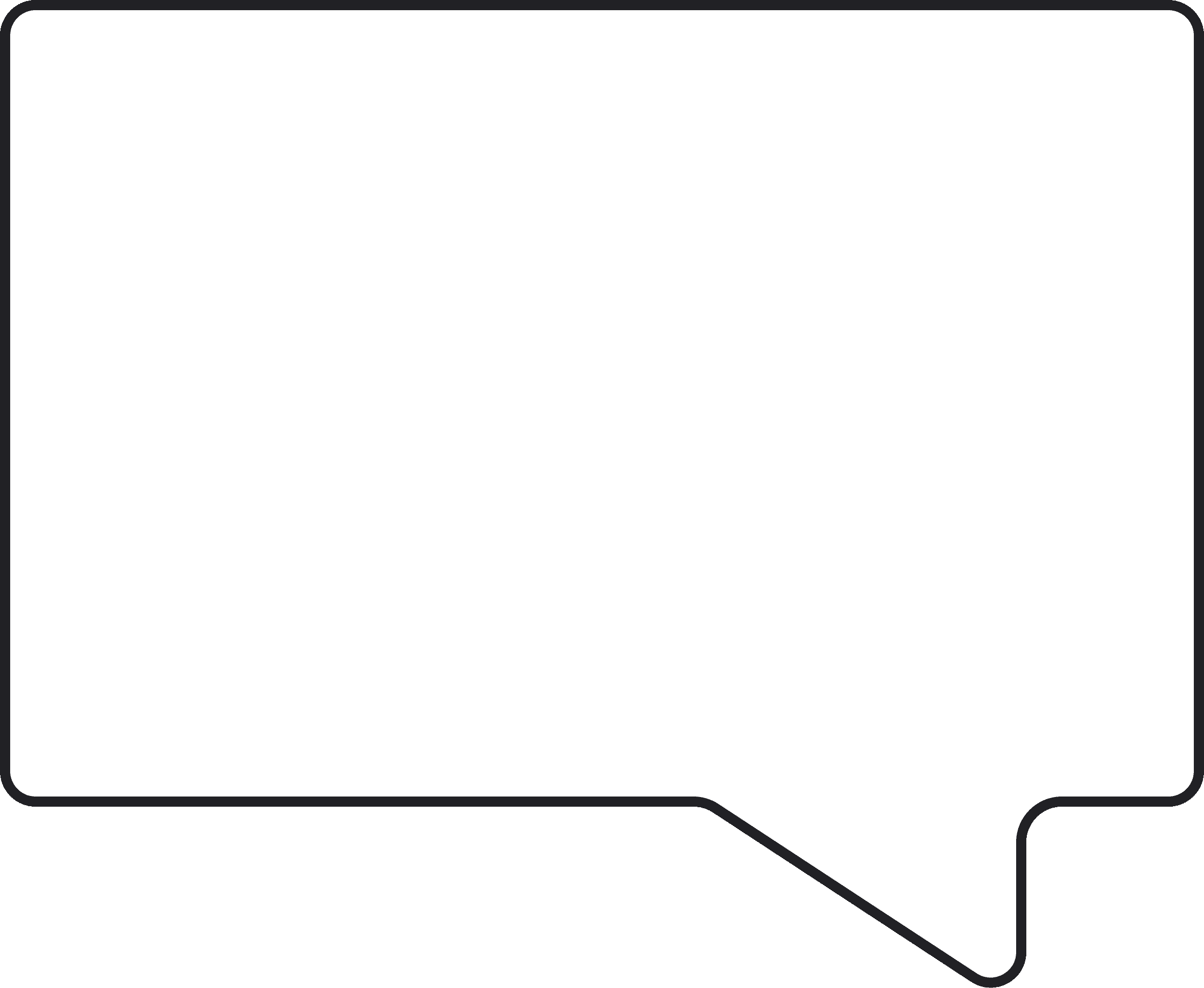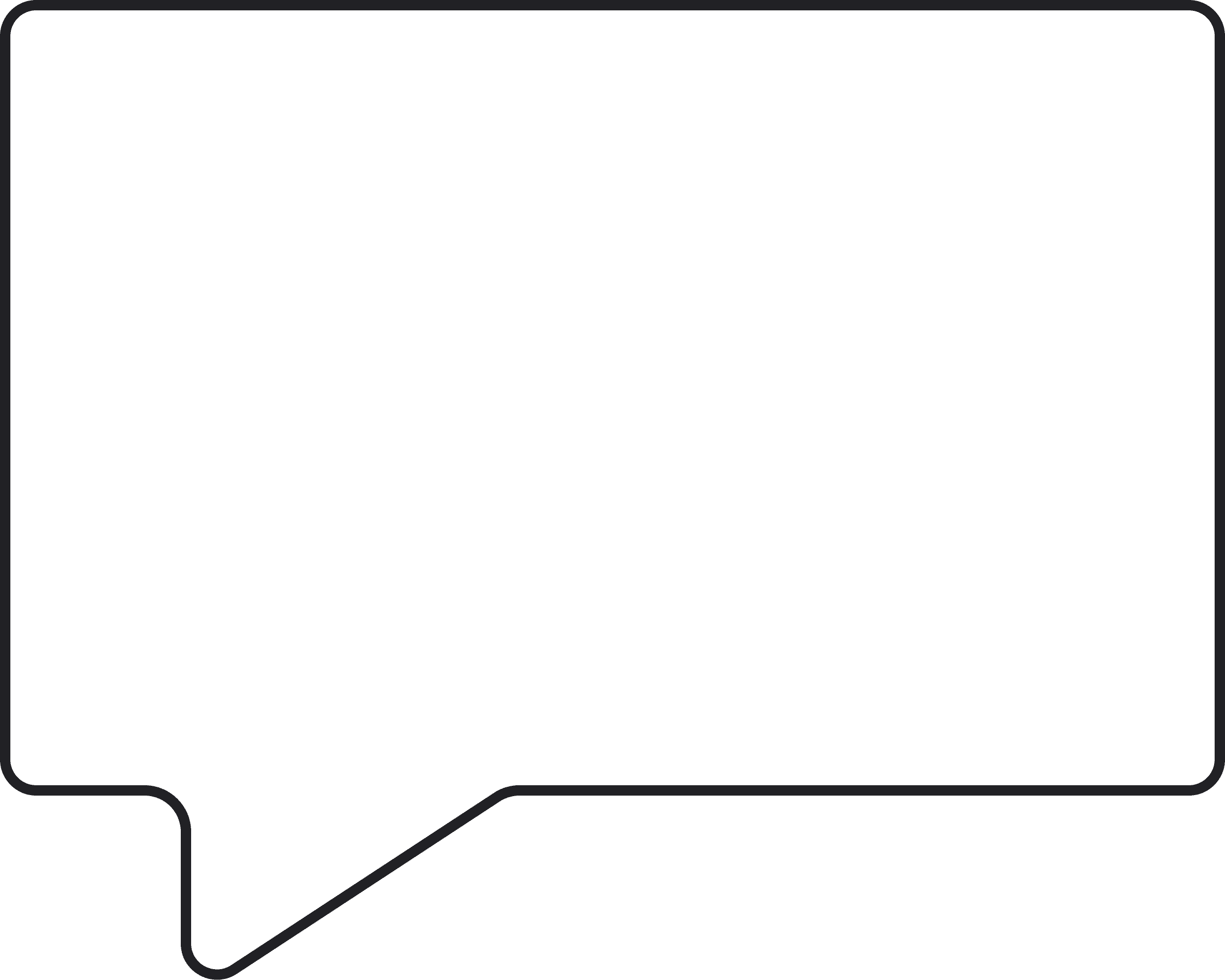by
Caroline Zook
I had already heard this exact story, but as a theory of Albert Einstein's. It turns out, it was actually a theory created by Sakichi Toyoda* in the early 1900s called the 5 Whys.
(*Yes, the car manufacturer Toyota. Why isn't it Toyoda today? No clue!)
Mr. Toyoda's original theory is great, but for the sake of progress, let's assume by asking better questions you can reduce 5 Whys to 3 Whys.
The 3 Whys is precisely what you think it is--asking the question "why?" three times to get to the real root of a question or problem.
Let's look at an example of The 3 Whys in action:
John Smith (JS) talking to his boss: "I think I need to quit, I really don't like my job."
John's Boss: "Why don't you like your job?"
JS: "The atmosphere isn't what it used to be when I started. It feels toxic and I never used to hate showing up for work, but now I do."
Boss: "Why do you hate showing up for work?"
JS: "The culture that existed when I started working here has changed. It's just not the same."
Boss: "Why do think the culture has changed?"
JS: "Well, it's that new guy, Tom. He's so negative. He has a comment for everything. He's frustrating to be around and really hurts our team's dynamic."
BOOM! In this fictitious, but incredibly realistic scenario, you can see how asking the question "why?" three times revealed a much deeper and more specific issue.
If John Smith's Boss had just accepted John's distain for his job without asking why, he could have lost an important employee. Instead, by digging to the core of the issue, he found that John didn't hate his job at all, he actually had an issue with another employee.
This theory doesn't just work in fictitious scenarios. I use it fairly often to vet my projects and new business ideas. Here's an example from when I was co-creating the online learning platform Teachery:
Me: "I want to create an easy-to-use online learning platform."
My Brain: "Why do you want to create that?"
Me: "Because I've looked at other platforms and they all seem too complex and overpriced."
My Brain: "Why do think other platforms are overpriced and complex?"
Me: "Because they're not doing things simply enough."
My Brain: "Why aren't they doing things simply enough?"
Me: "Because doing things simply is difficult!"
From this little back-and-forth with myself I discovered the crux of how I wanted to build Teachery (simplicity for the end user!).
I'm 100% sure that other online learning platforms have said they wanted to create a simple online learning tool, but I know for a fact most of them (maybe with exception to Teachable) got lost along the way. Maybe lost isn't the right word. They got distracted along the way with new features and requests.
A few years ago, I read the book Insanely Simple: The Obsession That Drives Apple's Success. At the time I was just starting to build Teachery with my co-founder Gerlando.
If keeping things simple is at the core of one of the most successful (and profitable) companies in the world (Apple), then I think it can be a guiding principle for us or anyone creating a product or service.
It's not a coincidence that "why?" is a very simple question. It's an important realization that we all need to go a few layers deeper before doing important things.
Whether it's creating a new business, adding a new feature to a product, hiring a new employee, buying something expensive, having a tough conversation with a loved one, etc.
Disclaimer: please don't act like a parrot and just say "why, why, why" when having a conversation with someone else, especially a loved one! I don't want to get in trouble for that. Also, if you want to follow Mr. Toyoda's original theory, feel free to ask 5 Whys or however many more it takes.
Join 12,000+ intentional business owners and get our Growing Steady newsletter every Monday where we share transparently about the latest projects we’re working on. You'll also get our Calm Creator Canva Whiteboard as a free download!













